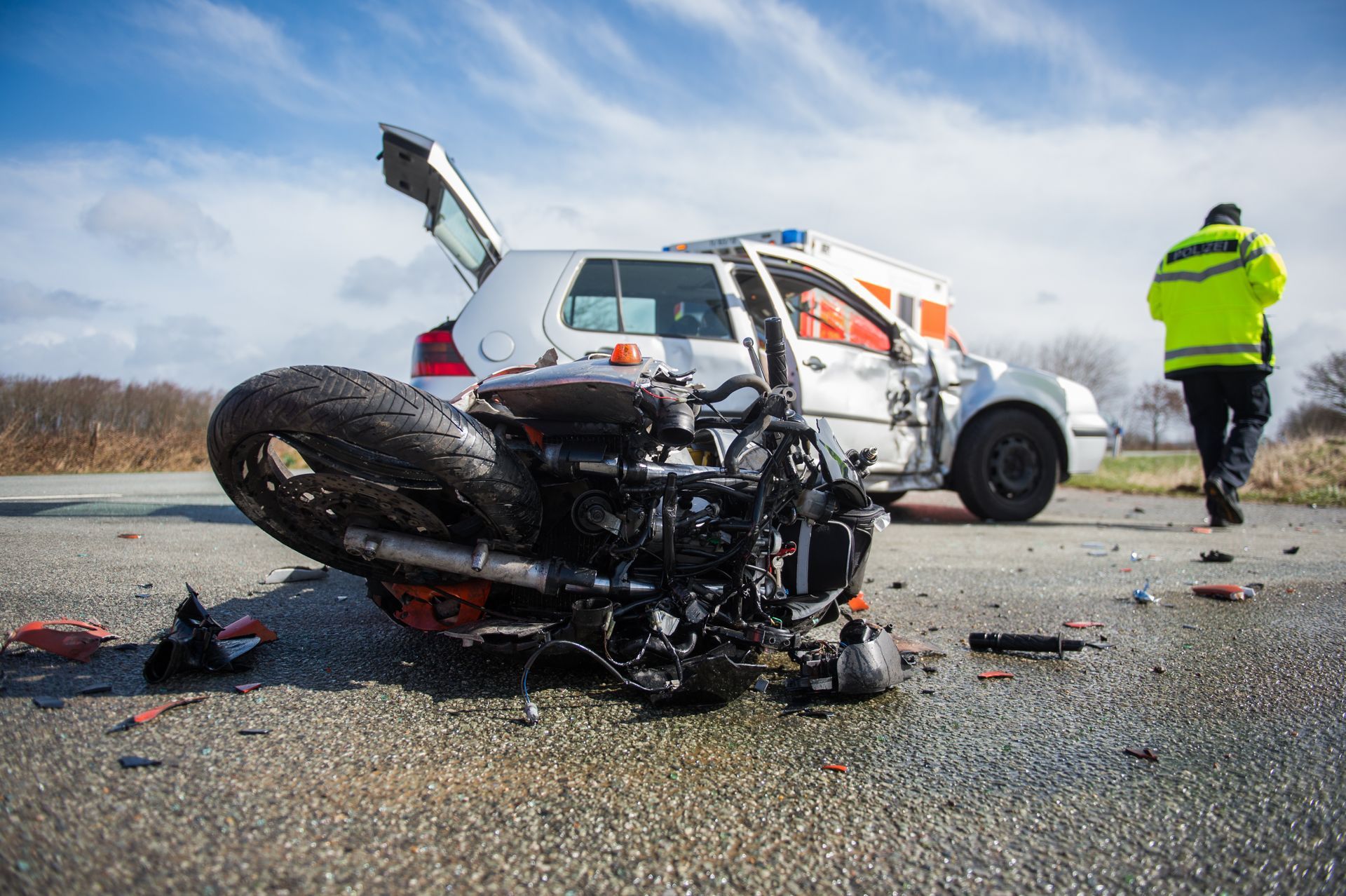Understanding the Differences Between Driving Drunk and Driving High in Connecticut
As a Connecticut personal injury law firm, we have seen firsthand the devastating impact that car accidents can have on individuals and families. Unfortunately, many of these accidents are caused by individuals who are driving under the influence of drugs or alcohol. While both drunk driving and driving under the influence of drugs (DUID) are illegal and can result in serious consequences, there are some key differences that are important to understand.
Drunk Driving in Connecticut
In Connecticut, for individuals 21 years of age or old, you are considered legally intoxicated if your blood alcohol concentration (BAC) is 0.08% or higher. Connecticut also has a law that states that any driver under the age of 21 is considered legally intoxicated if they have a BAC of 0.02% or higher. If you are pulled over & arrested for a DUI in Connecticut, you can be charged with ‘operating while impaired’ (OWI). This charge carries serious consequences, including fines, a suspended license, and potential jail time.
Driving Under the Influence of Drugs
Driving while under the influence of drugs (DUID) is defined by Connecticut law as operating a motor vehicle when an individual is under the influence of an illegal drug or even some legally prescribed medications in their system. This includes marijuana, prescription painkillers, hallucinogens, and synthetic drugs. Unlike drunk driving cases, where a BAC level has to be established before charges are brought forward; if you are suspected of being under the influence of drugs while driving in Connecticut, you can face criminal prosecution regardless of whether a drug test was administered or not.
Determining if a Driver is Intoxicated or High?
In many cases, police officers may have difficulty determining if a driver is driving high vs driving drunk. While alcohol can be detected through breathalyzer tests, drugs are not as easy to detect and require further testing. In Connecticut, this usually involves a blood test and/or urine test that must be administered within two hours of the initial traffic stop. If the driver is not willing to take the test, or if it cannot be administered within two hours, then the officer will use other signs of impairment such as slurred speech, dilated pupils, and erratic behavior.
Effects Drugs and Alcohol Have on Driving
Drugs and alcohol can have a significant impact on a person's ability to drive safely. Alcohol is a depressant that can impair coordination, judgment, and reaction time. Even a minimal amount of alcohol can affect a person's ability to focus on the road, react to unexpected situations, and make good decisions. Drugs, depending on their type and dosage, can have a range of negative effects on the body, including drowsiness, impaired coordination, hallucinations, and aggressive behavior. When a person is under the influence of drugs or alcohol, they are more likely to engage in risky behaviors such as speeding, swerving, and running red lights. This can lead to serious accidents that cause injury or death to themselves or others on the road.
Injured by a Drunk or High Driver in Connecticut?
In Connecticut, driving while under the influence of either drugs or alcohol is illegal and can have serious consequences. If you or a loved one has been injured in an accident caused by a person driving high or drunk, contact medical help right away. In Addition, contact the personal injury law firm Walker Injury Law for help. Our experienced legal team in CT can help you understand your rights as a victim, and work with you to ensure that you receive fair and just compensation for your injuries.
If you have any questions or need additional legal help, please don't hesitate to reach out to us. Contact Walking Injury Law at (860) 789-1000 or contact us online to
schedule a free legal consultation.
Sources:
Contact Walker Injury Law
Call
(860) 789-1000
Injured? Contact our team today to schedule a free case consultation.
Walker Injury Law Personal Injury Attorney Practice Areas
Share Article
Recent Articles



